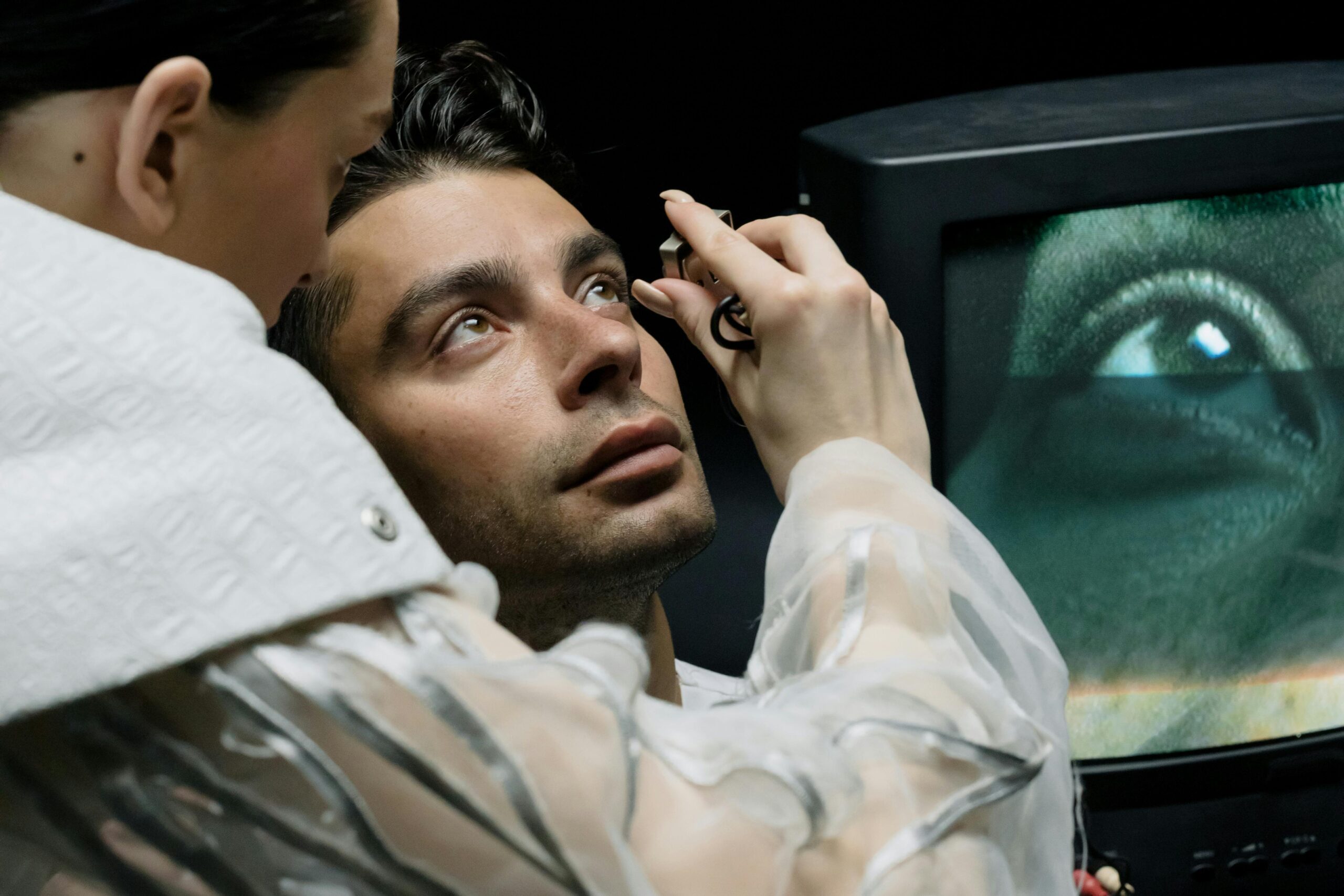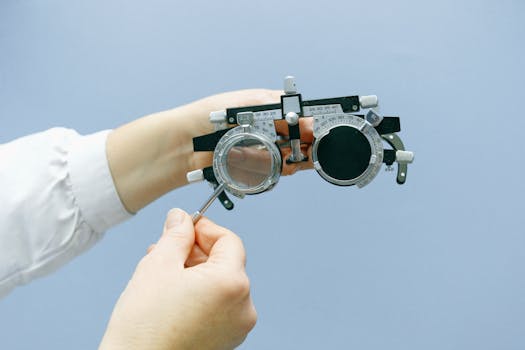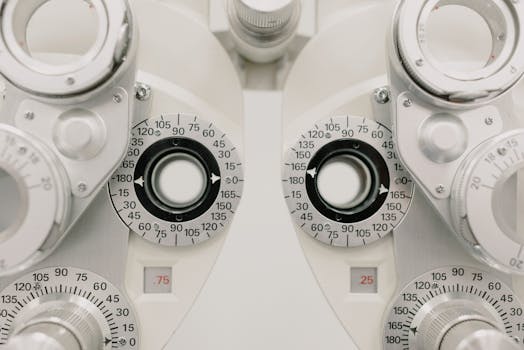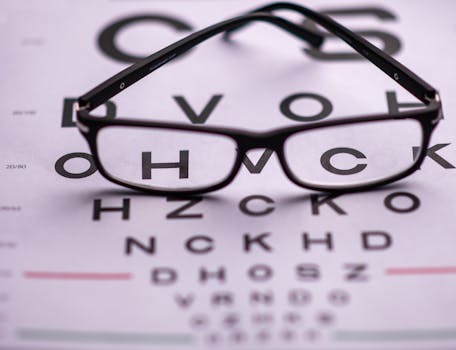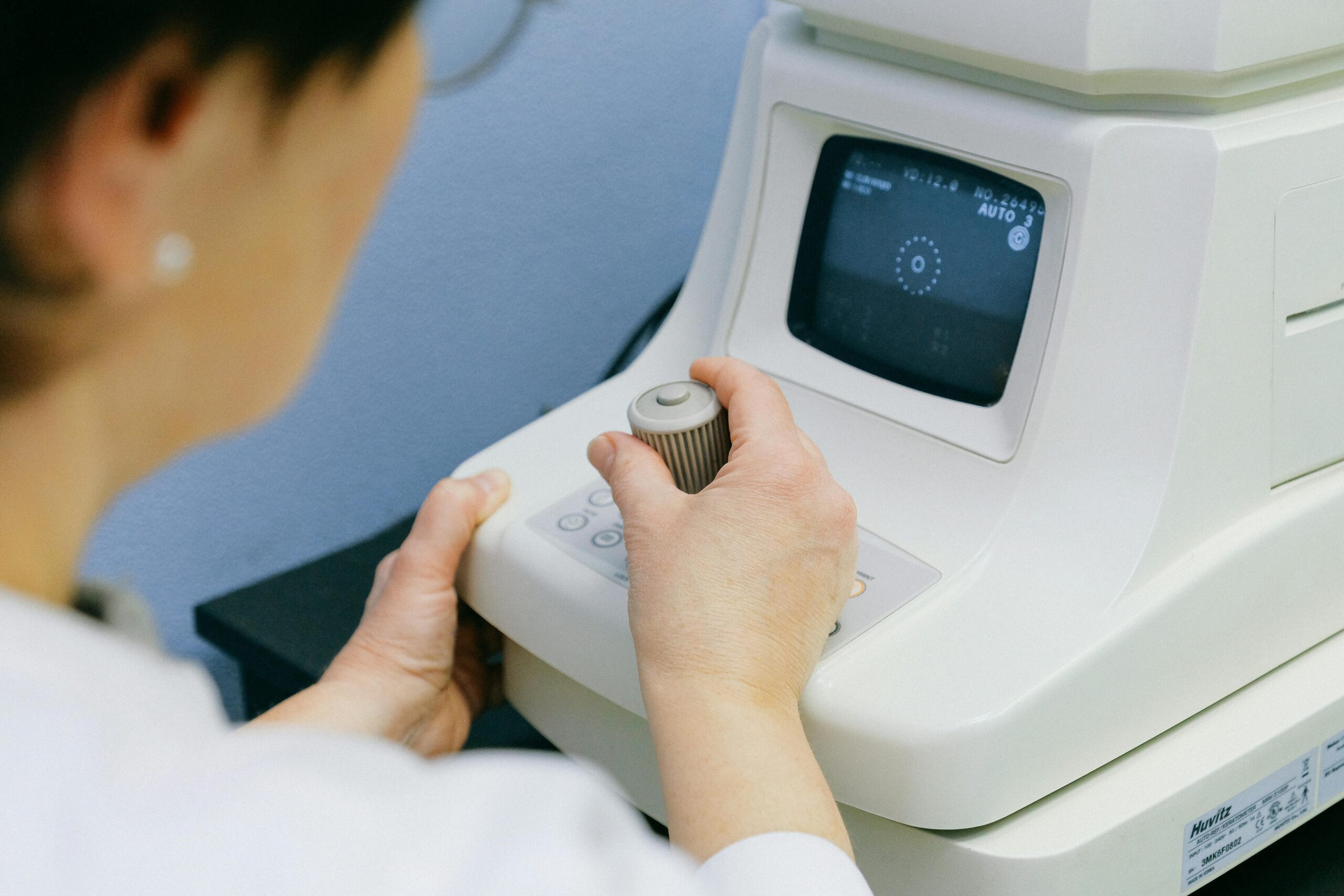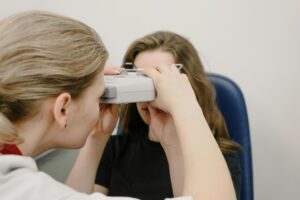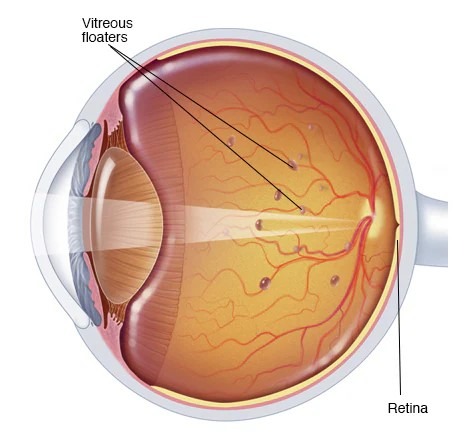In today’s fast-paced world, sleep is often sacrificed for work, social activities, or screen time. While most people are aware that poor sleep can affect their mood, concentration, and overall health, many overlook the crucial connection between sleep and eye health. Your eyes, just like the rest of your body, require adequate rest to function optimally. Insufficient or poor-quality sleep can lead to several eye-related issues such as dryness, strain, fatigue, and even blurry vision, potentially impacting your quality of life.
At Thind Eye Hospital, our team of dedicated specialists emphasizes the importance of understanding how sleep affects your vision and offers personalized solutions for maintaining optimal eye health. In this comprehensive guide, we will explore the link between sleep and eye health, the risks associated with poor sleep, and practical steps you can take to protect your vision.
1. The Connection Between Sleep and Eye Health
Your eyes are one of the most active parts of your body throughout the day. They are constantly processing information, adjusting to different light levels, and allowing you to focus on various tasks. Sleep is the period during which your eyes rest and rejuvenate. During the rapid eye movement (REM) phase of sleep, your eyes perform essential maintenance that helps to refresh the tear film, repair tissue damage, and prepare for the demands of the next day.
When you consistently fail to get sufficient sleep, your eyes don’t get the recovery time they need. Over time, this can lead to various complications that may require the intervention of an eye specialist near you.
Key functions of sleep for eye health include:
- Maintaining moisture balance and tear production
- Reducing oxidative stress and inflammation
- Supporting visual processing and cognitive function
- Promoting tissue repair and regeneration
Neglecting adequate sleep can interfere with these vital processes, making your eyes more vulnerable to problems.
2. How Poor Sleep Can Contribute to Eye Strain, Dryness, and Blurry Vision
Sleep deprivation affects your vision in multiple ways. Many patients visiting our clinic report symptoms such as eye strain, dryness, and even blurry vision directly related to poor sleep patterns.
Eye Strain and Fatigue: One of the most common issues linked to insufficient sleep is eye strain. Tired eyes struggle to focus properly, leading to discomfort, headaches, and difficulty concentrating. This becomes even more problematic for people who spend significant time in front of digital screens, compounding the problem with digital eye strain.
Dry Eyes: Sleep is essential for maintaining the tear film that protects and lubricates your eyes. Poor sleep can reduce tear production, leading to dry eye syndrome. Symptoms include:
- Burning or stinging sensations
- Gritty feeling in the eyes
- Redness and irritation
- Sensitivity to light
If left untreated, chronic dry eyes can lead to further complications and require professional blurry vision treatment and specialized care from an eye fatigue specialist.
Blurry Vision: When your eyes are fatigued from lack of sleep, their ability to focus diminishes. This can result in intermittent blurry vision, difficulty reading, and trouble seeing clearly at various distances. Chronic blurred vision due to sleep deprivation may indicate underlying eye health issues that warrant a thorough examination by an eye specialist near you.
Increased Risk of Eye Diseases: Long-term sleep deprivation has also been linked to an increased risk of serious eye conditions such as glaucoma and optic neuropathy, both of which can lead to permanent vision loss if not managed promptly.
3. Tips for Improving Sleep Hygiene to Protect Your Eyes
Fortunately, there are several proactive steps you can take to improve both your sleep quality and your eye health:
- Establish a Consistent Sleep Schedule: Going to bed and waking up at the same time each day helps regulate your body’s internal clock, leading to more restful sleep and better eye function.
- Limit Screen Time Before Bed: Exposure to blue light from digital devices suppresses melatonin production, making it harder to fall asleep. Try to limit screen use at least 1-2 hours before bedtime to allow your eyes to relax.
- Create a Sleep-Friendly Environment: Ensure your bedroom is dark, quiet, and cool. Consider using blackout curtains, white noise machines, or eye masks to minimize disturbances.
- Stay Hydrated: Adequate hydration supports tear production and helps prevent dry eye symptoms. Be sure to drink enough water throughout the day but limit liquids close to bedtime to avoid disruptions.
- Avoid Stimulants: Limit consumption of caffeine, nicotine, and alcohol, especially in the evening hours, as they can interfere with sleep quality.
- Practice Relaxation Techniques: Meditation, deep breathing, and gentle stretching before bed can help reduce stress, promoting deeper, more restorative sleep.
By incorporating these habits into your daily routine, you not only improve your sleep but also support healthier eyes.
4. The Role of Eye Strain Relief Exercises and Treatments
In addition to improving sleep habits, specific exercises and treatments can alleviate eye strain and promote better visual comfort, especially for those frequently exposed to screens or detailed work.
- 20-20-20 Rule: Every 20 minutes, take a 20-second break to look at something 20 feet away. This helps relax the focusing muscles of your eyes and reduces strain.
- Blink Regularly: Frequent blinking keeps your eyes lubricated, especially when using screens that can subconsciously reduce blinking frequency.
- Warm Compresses: Applying a warm compress can help relax eye muscles, stimulate tear production, and alleviate discomfort from dry eye symptoms.
- Artificial Tears: Over-the-counter lubricating eye drops can temporarily relieve dryness and irritation, but chronic symptoms should be assessed by an eye fatigue specialist.
- Professional Treatments: If your symptoms persist, professional treatments such as customized blurry vision treatment plans, digital eye strain therapy, or medical interventions may be necessary. At Thind Eye Hospital, our specialists offer advanced, individualized care for patients experiencing sleep-related eye issues.
5. Book an Appointment with Our Eye Specialist for Personalized Advice
Your eyes reflect your overall health, and adequate sleep plays a crucial role in maintaining clear vision and long-term eye wellness. If you’re experiencing persistent symptoms like blurry vision, eye fatigue, or strain, it’s essential to seek expert care.
At Thind Eye Hospital, our experienced team of eye specialists near you provides comprehensive evaluations and customized treatment plans designed to address sleep-related vision issues. With state-of-the-art equipment, compassionate care, and evidence-based therapies, we are committed to preserving your eye health and improving your quality of life.
FAQs
It is recommended to undergo a comprehensive eye examination once every year, even if you have no symptoms. Regular check-ups help detect problems early, especially conditions like cataracts, glaucoma, diabetic eye disease, and refractive errors.
The right treatment depends on your age, eye condition, corneal health, lifestyle, and overall medical history. At Thind Eye Hospital, every patient receives a detailed diagnostic evaluation using advanced technology.
Choosing a NABH-accredited center like Thind Eye Hospital ensures you receive care that meets national and international quality standards. It guarantees safety, precision, trained experts, and ethical medical practices, giving patients greater confidence and better clinical outcomes.



